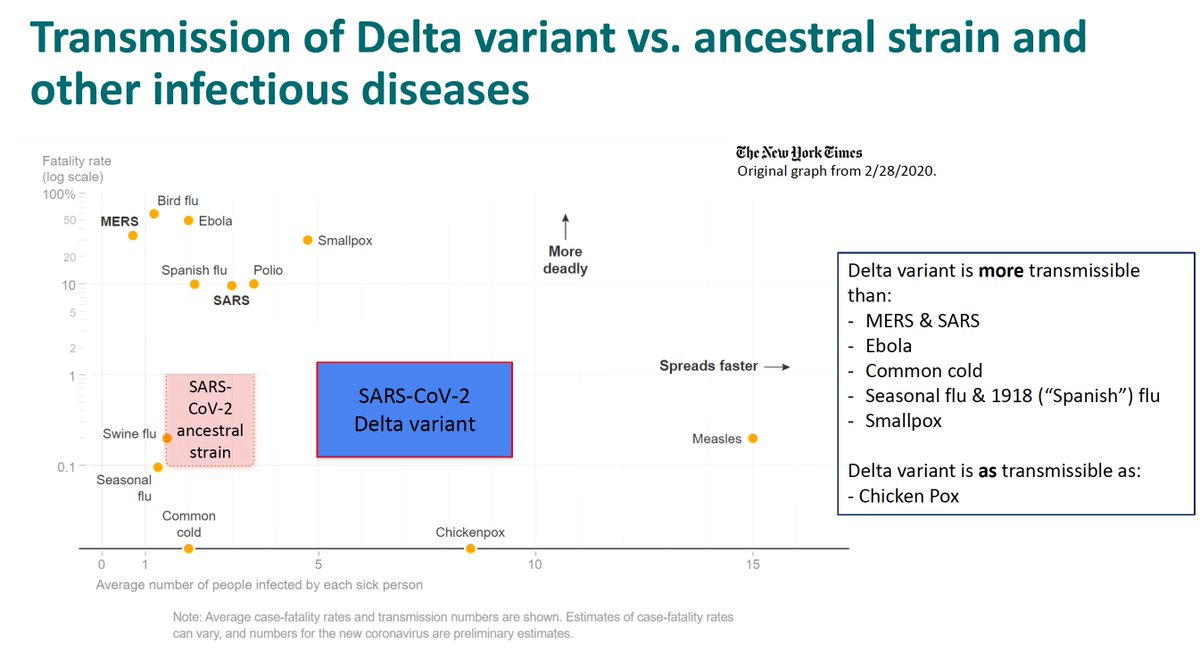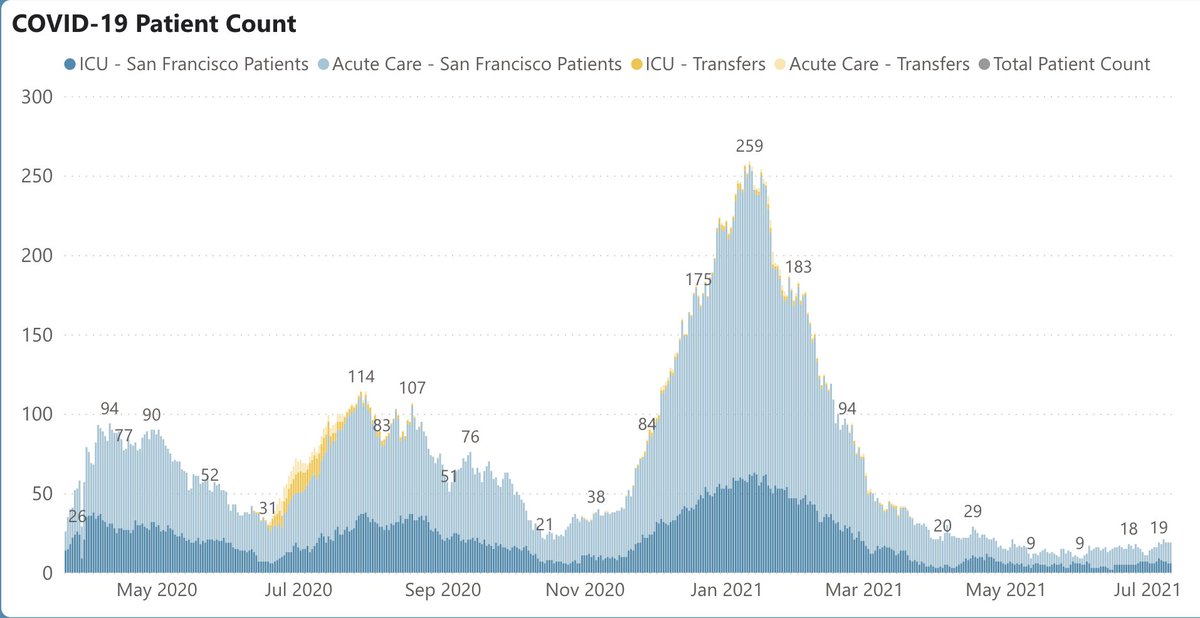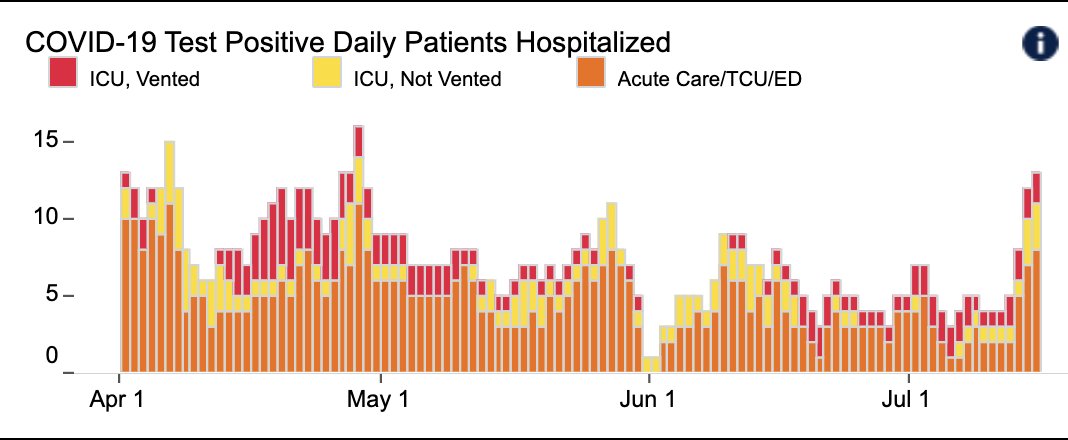
Latest twist in "aspirin for primary prevention" story (rec: don't do it) hits home. nytimes.com/2021/10/12/hea… When I was in med school, I told my dad (age 52) to take an ASA daily. He was a stressed-out guy, heart attacks were common, & early evidence on ASA was supportive.(1/8)🧵
A few months later, I got a call that he had passed out on the train. The cause: a huge upper GI bleed. I felt terrible – I was pretty sure that my aspirin had caused his bleed. This was, in essence, my first prescription, and I'd nearly killed my father. I rushed home. (2/8)
The GI doc let me watch as he performed dad's endoscopy, expecting to find stomach inflammation or an ulcer. I heard the doc gasp when he found a large polyp at the stomach-esophagus junction – it was clearly not what he expected to see. Turns out it was a stomach cancer. (3/8)
Stomach cancer is usually deadly, in part because it grows stealthily for months, usually spreading before it causes symptoms. This one bled early – almost certainly due to my little aspirin. Dad had an 8-hour surgery to remove half his stomach and part of his esophagus. (4/8)
Despite the serendipitous early diagnosis, the cancer had already spread to a lymph node. His life expectancy was a year or two; the chance of cure was probably around 10%. He retired from work and got his affairs in order. (5/8)
As it happened, he was one of the lucky ones – he turned 91 this year (that's him at his grandson's wedding a few years back; sadly he's bed-bound now and nearing the end). (6/8) 

It's now clear that when used for primary prevention (in pt who hasn't yet had heart disease or a stroke), the risks of aspirin outweigh benefits – it shouldn't be used this way. But if dad hadn't been on that aspirin, he likely would have died of his cancer 40 years ago. (7/8)
Moral of the story: who knows? Mostly humility – medicine is such a funny, unpredictable business. And clinical trials – which give us crucial answers to how to manage groups of patients – sometimes obscure individual stories. And sometimes it's better to be lucky than good.(8/8)
• • •
Missing some Tweet in this thread? You can try to
force a refresh









